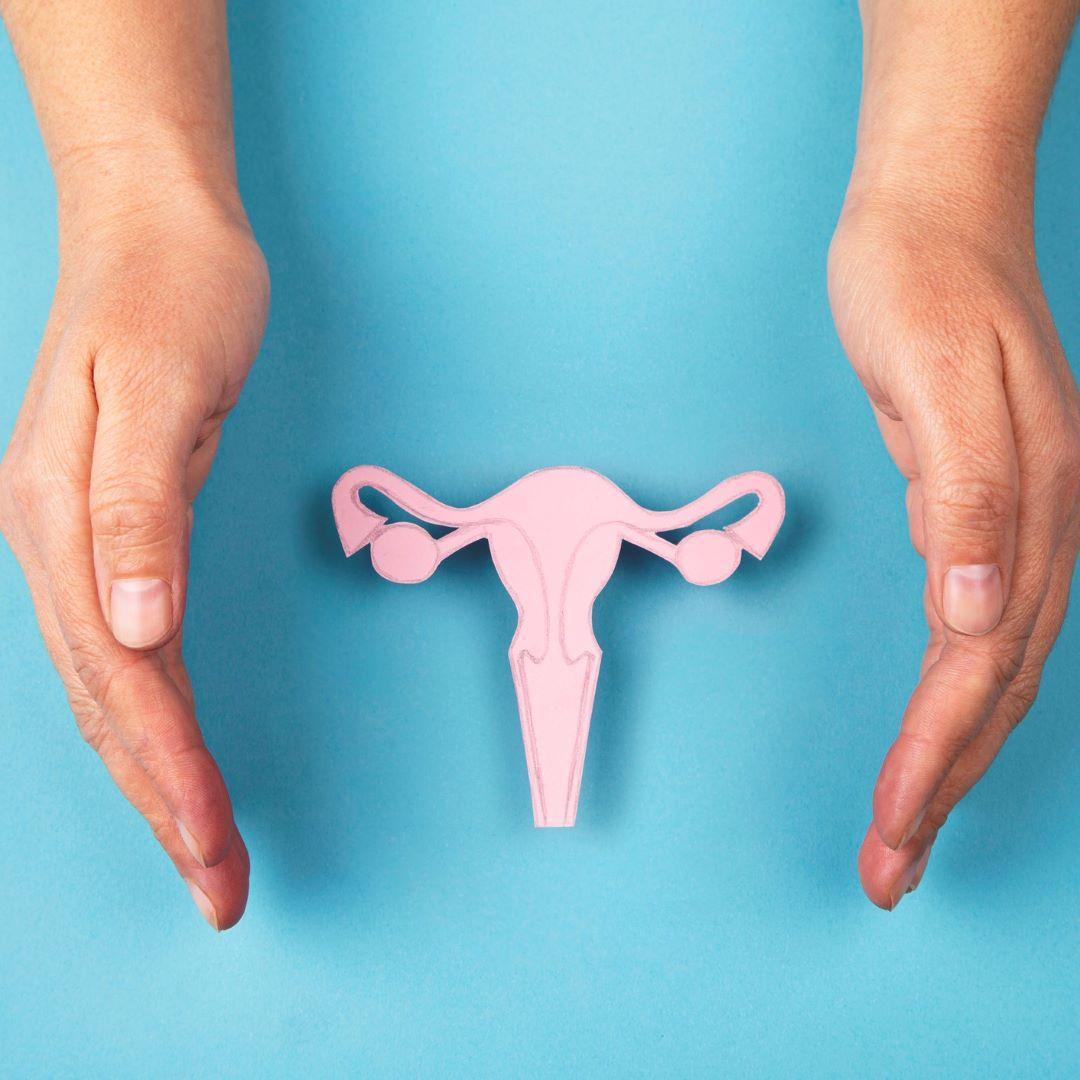
ongoing
The relationship between the menstrual cycle, anxiety and cognitive functioning – moderating role of oral contraceptives

principal investigator / project leader
Psychologist, doctoral student. Research interests: hormonal influence on cognitive function, diary studies, cognitive psychopathology, positive psychology
project value: PLN 209,550
funding source: National Science Center
discipline: psychology
location: Warsaw
duration: 2021 2022 2023 2024
The goal of the project is to investigate the relationship between the menstrual cycle, anxiety and executive functions in women who take oral contraceptives and those who do not.
Assumptions
Anxiety disorders are quite common in our society. They are characterized by constant worrying that is difficult to control and physical symptoms such as fatigue. Women are especially at risk of developing anxiety disorders. Earlier research shows that anxiety symptoms are related to hormonal levels, but this relationship and its exact mechanism are not sufficiently studied. Women experience regular hormonal fluctuations as estradiol and progesterone levels change throughout the menstrual cycle. Since these hormonal changes occur monthly in adolescent to middle-aged women, it is important to consider their effect on anxiety levels. In addition, many women use hormonal contraception, while its effects on mental health are still not fully understood.
For now, we know that oral contraceptives affect mood and cognitive functioning, especially executive functions, which are a set of mental abilities that allow us to retain information, focus our attention, or use self-control. These executive functions are impaired in people suffering from anxiety disorders.
We want to see if there are differences in anxiety levels and executive functioning between women who take oral contraceptives and those who do not, and if these differences change over the course of the menstrual cycle. We will also investigate whether female anxiety levels and executive functioning fluctuate with estradiol and progesterone levels, and whether oral contraceptives have a moderating effect on the relationship between the menstrual cycle and anxiety levels and executive functioning.
As the 2019 data, gathered by the United Nations in 195 countries indicates, worldwide, 16% of women of reproductive age use oral contraceptives. Since so many women rely on oral contraceptives daily, the medication should be considered a major factor when exploring women’s well-being and cognitive function.

Kowalczyk, Melanie
Principal Investigator
Specialization
Psychologist, doctoral student. Research interests: hormonal influence on cognitive function, diary studies, cognitive psychopathology, positive psychology
First and last name
Melanie Kowalczyk
Email
This email address is being protected from spambots. You need JavaScript enabled to view it.
Melanie KowalczykPsychologist, doctoral student. Research interests: hormonal influence on cognitive function, diary studies, cognitive psychopathology, positive psychology
Methodology
We will first carry out a meta-analysis of studies that delve into the relationship between oral contraceptive use and executive functions. We will then conduct a mixed-method study to monitor fluctuations in anxiety and cognition levels over the course of the menstrual cycle for oral contraceptives users and non-users. This study will be divided into three parts.
First, we will conduct a cross-sectional study using questionnaires and a cognitive test. Then, to carry out a repeated measurements study, we will use a diary study including an Ecological Momentary Assessment (EMA) via a mobile app. Finally, in a laboratory setting, we will perform hormonal measurements and more complex cognitive measurements, including tasks involving eye-tracking.
Research team

Krejtz, Izabela
Role in the Faculty
{"funkcja-na-wydziale0":{"Funkcja":"","\u0141\u0105cznik":"","Nazwa w mianowniku":"Faculty of Psychology in Warsaw"}}
Role in the Department
{"funkcja-w-katedrze0":{"Funkcja":"","\u0141\u0105cznik":"","Nazwa w mianowniku":"Department of Clinical Psychology"}}
Role in the Institute
{"funkcja-w-instytucie0":{"Funkcja":"","\u0141\u0105cznik":"","Nazwa w mianowniku":"Institute of Psychology"}}
Role in the Research Center
{"funkcja-w-centrum0":{"Funkcja":"","\u0141\u0105cznik":"","Nazwa w mianowniku":"Interdisciplinary Center for Applied Cognitive Studies"},"funkcja-w-centrum1":{"Funkcja":"","\u0141\u0105cznik":"","Nazwa w mianowniku":"Eye Tracking Research Center"}}
Specialization
psychologist, specializing in determinants of wellbeing and eye-tracking research
First and last name
Izabela Krejtz
Academic degree or title
Ph.D. / Associate Professor
Email
This email address is being protected from spambots. You need JavaScript enabled to view it.
Position
profesor uczelni
Ph.D. / Associate Professor Izabela Krejtzpsychologist, specializing in determinants of wellbeing and eye-tracking research
Practical application of results
In order to advance research on the treatment of anxiety disorders, we want to study the impact of oral contraceptives and female hormones on mental health, which will provide us with a better understanding of anxiety symptoms and executive functions in women. In the future, therapy might be adapted to suit different phases of the menstrual cycle, and the use of hormones could improve treatment outcomes, while focusing on certain executive functions could prove useful in training sessions carried out to reduce anxiety symptoms. Another possible application of the research findings could result in a development of a mobile app, which could help women suffering from anxiety reduce their anxiety symptoms by adapting their lifestyles to the phases of their menstrual cycles.